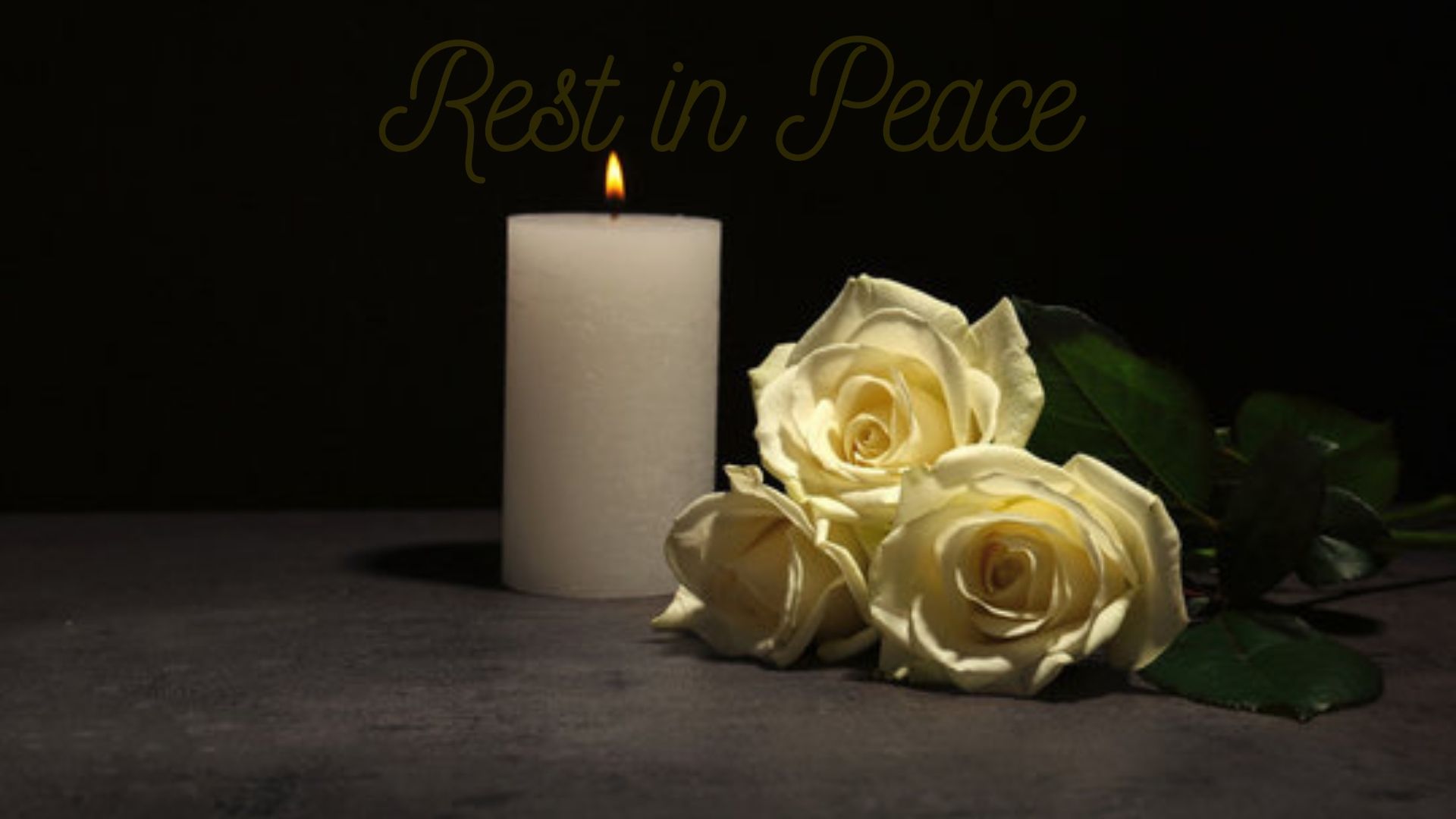George Banks, a man whose name became synonymous with one of America’s most horrific mass shootings, has passed away.
George Banks, a man whose name became synonymous with one of America’s most horrific mass shootings, has passed away.
Fatal Harrisburg, Pa. kidney cancer death of George Banks
George Banks, 83, was pronounced dead on Sunday by prison officials at the state correctional facility in Phoenix, Pennsylvania. The Pennsylvania Department of Corrections confirmed his death, with the Montgomery County Coroner, Dr. Janine Darby, stating the official cause was renal neoplasm, a form of kidney cancer.
Banks spent more than four decades incarcerated after being convicted for a series of killings in Wilkes-Barre, Pennsylvania, in 1985. At the time, the attack, which left 13 people dead, was one of the deadliest mass murder incidents in U.S. history. He was found guilty of 12 counts of first-degree murder and one count of third-degree murder.
The rampage began in the early hours of the morning following a night of heavy drinking at a gathering. Armed with an AR-15 rifle, Banks opened fire at his residence, claiming the lives of five of his young children, aged between 1 and 6, and four women who were the mothers of his offspring. The attack also claimed the lives of three other individuals, including a child from a friend’s household and a teenager who had momentarily stayed with the family.
After the massacre, Banks was seen leaving his home dressed in camouflage pants and a bandolier, preparing for another shooting. He encountered a group of teenagers and fatally shot one. The other teenager, who survived, later recounted the event.
Banks then stole a vehicle and drove to a trailer park, where law enforcement discovered the bodies of his son and the child’s mother, along with her mother and nephew.
At his mother’s home, Banks confessed to the killings, telling her, “I killed them. I killed them all,” according to court documents.
Following the incident, Banks was captured after a tense four-hour standoff at a friend’s house. Despite evidence of his guilt, his execution was halted on the grounds of insanity, resulting in a life sentence.
Reflecting on the case years later, a survivor expressed disappointment that the death penalty was not carried out, questioning its purpose if not enforced.
During his trial, Banks’ defense team argued he was mentally unstable at the time of the killings or that there was a conspiracy against him. He also disregarded his legal counsel and presented graphic evidence to the jury, despite such images being barred.


Post Comment